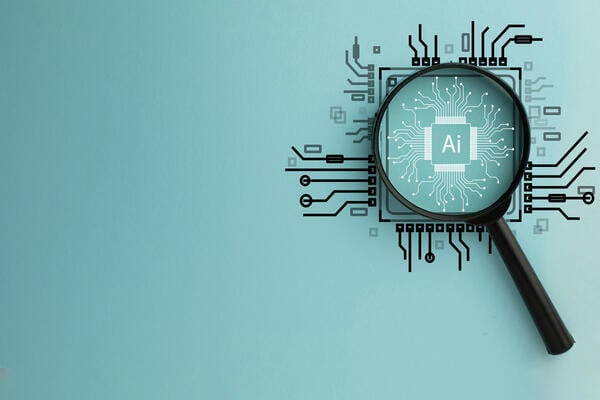
"AI is not simply a tool; it is a mirror, exposing biases, revealing gaps in knowledge and reshaping students' interpretive instincts."
"Rather than rendering students passive consumers of information, AI-when engaged critically-becomes a tool for sharpening analytical skills."
The article discusses the author's transformative approach to using artificial intelligence (AI) in education. Initially viewed as a threat to deep thinking, AI was integrated into the classroom as a subject of reflection. This engagement revealed AI's potential to expose biases and enhance students' analytical skills. Rather than being passive consumers, students became active learners, prompting critical questions and deepening their understanding of complex narratives, especially in sensitive topics like Holocaust survivor testimonies. The author argues for a shift in educational policies to focus on how AI can facilitate deep learning rather than simply controlling it.
Read at Inside Higher Ed | Higher Education News, Events and Jobs
Unable to calculate read time
Collection
[
|
...
]